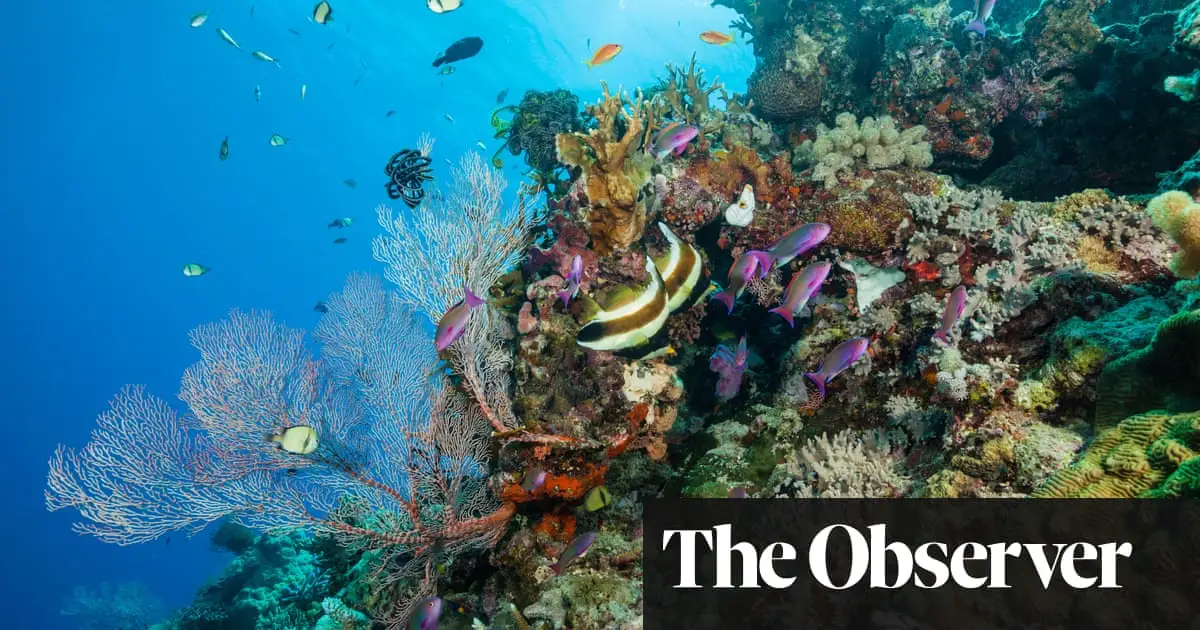- cross-posted to:
- globalnews
- cross-posted to:
- globalnews
It is one of the least understood processes in nature. How do two very different species learn to live with each other and create a bond, known as symbiosis, which can give them a powerful evolutionary advantage?
Coral reefs are the most spectacular manifestations of symbiosis – and understanding the mechanics of this mutual endeavour has become an urgent task as global warming has triggered the widespread collapse of reefs across the planet.
In a bid to halt this destruction, an international group of researchers led by the Wellcome Sanger Institute is working together on the Aquatic Symbiosis Genomics (ASG) project. Powerful DNA sequencers are now unravelling the genetic secrets of coral, data that could be vital in saving the world’s reefs, and understanding the mysterious processes that drive symbiosis.



I have to say, I do wonder if reefs will just gradually shift to higher latitudes.
It may just be that the water temperature is increasing faster than the reefs can migrate. But if that’s the case, we can work with that. There has been remarkable success growing reefs by putting starter structures on the seafloor and then seeding them with coral. If we start doing that in places we previously thought to be to cold for coral, that has potential to work…
But it’s more than just temperature. Add salinity to the equation. I can’t tell you how salinity of any particular place changes with a temperature change, but it does. Add current, add all the other chemicals that are dropped into the ocean….
How does every coral on the the Great Barrier Reef know to spawn one time a year? How does a turtle find its way back to the place they were born to lay eggs? There are nuances well beyond our understanding and will outlive us. Coral will come back, but perhaps not in its current form, and probably not in our lifetimes.
There’s a lot we don’t know about ocean ecosystems in general, that’s very true. Saving the coral is a very hard problem. But to be honest, we’re human, hard problems are our bread and butter. Often, we prefer them to easy problems.